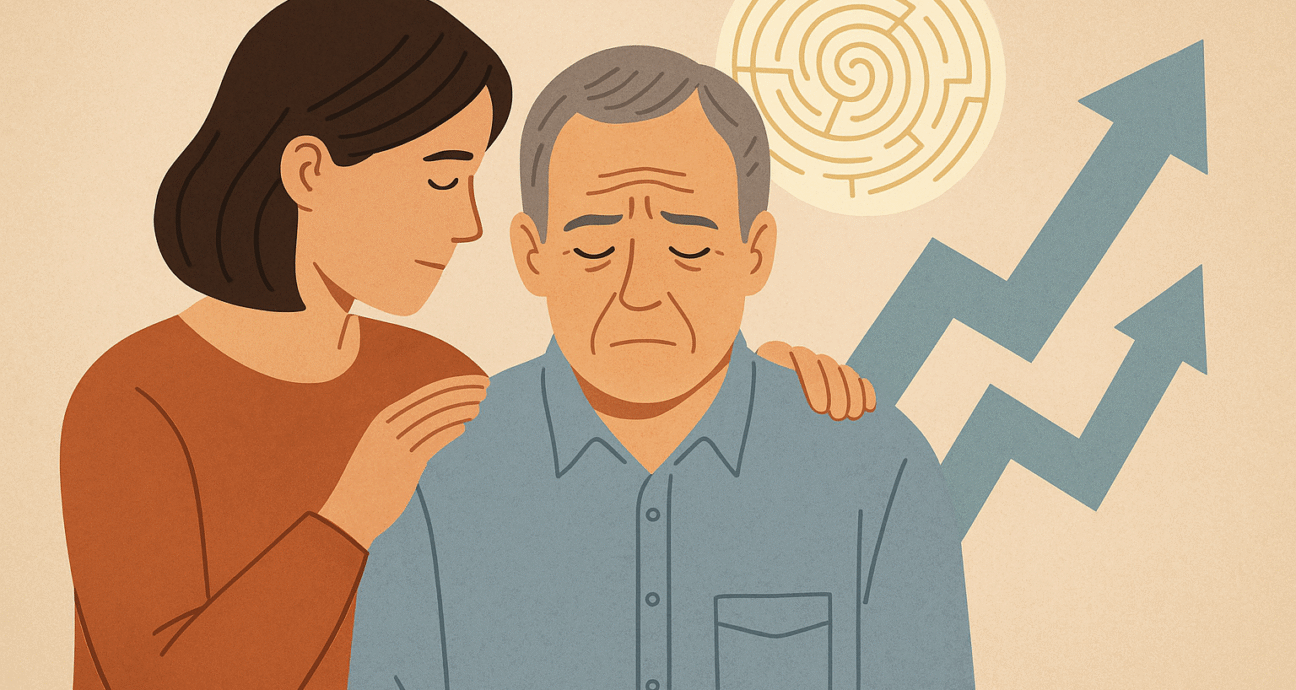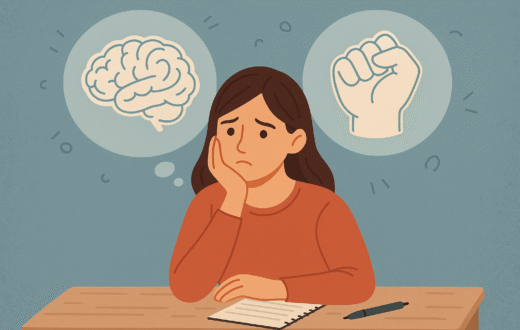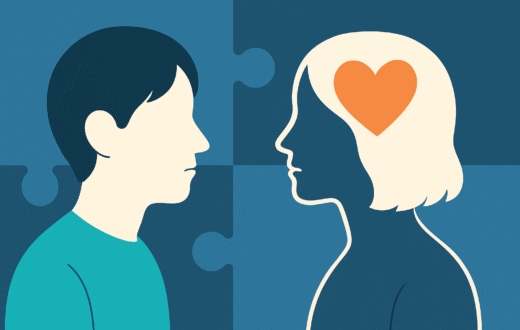The Many Phases in the Mental Health Recovery Journey for Caregivers

The journey of mental health recovery is never identical for two people. For caregivers, however, recognizing this path as a progression through different phases can provide clarity and help ease some of the uncertainty. Each phase presents unique challenges, but also opportunities for growth, patience, and understanding.
In the early stage, when symptoms first appear, caregivers are encouraged to remain observant and open-minded. Emotional shifts may be linked to pressures at school, work, or within relationships, and sometimes they point to deeper issues. Creating a safe space for conversation, normalizing emotions, and researching mental health resources or specialists at this stage can make an important difference.
When a diagnosis is reached, it can be received with relief or resistance. Some people feel validated by finally having a name for their experience, while others fear stigma or resist the label altogether. Caregivers can play a vital role by offering reassurance, suggesting online screenings, and even supporting the idea of a second opinion to build trust in the process.
Denial often follows. Many people hesitate to accept that they are living with a mental health condition because of stereotypes that portray them as incapable of working, studying, or maintaining relationships. Challenging these myths with real-life examples of individuals who thrive despite their diagnosis is powerful. Caregivers must remember that treatment is most effective when it is voluntary, and sometimes acceptance comes only after a crisis.
Withdrawal and isolation can set in when feelings of shame or fear of being a burden dominate. At such times, reassurance is essential. Even one genuine friendship can provide hope, and caregivers can gently encourage supportive social connections without disclosing sensitive information unless their loved one is ready.
Family relationships are not immune to strain. Fear, uncertainty, and stigma can create conflict between caregivers and their loved ones. It is important to separate the person from the illness, avoiding unnecessary arguments while still setting clear boundaries if behaviors become harmful.
Another painful stage is the loss of dreams. Careers, education, and relationships may be interrupted, leading to grief over a life once imagined. Caregivers can help by honoring this grief while emphasizing the individual’s strengths and potential to build a new, meaningful future.
Crisis management is one of the most challenging phases. Preparing in advance with a Psychiatric Advance Directive (PAD) can provide guidance during emergencies. Knowing about crisis resources, such as 988 or local intervention teams, is equally important.
When treatment begins, uncertainty often lingers. Stories of recovery, examples of people who have benefited from therapy or medication, and reassurance that the individual is still in control of their decisions can help restore hope. Finding the right psychiatrist or therapist can transform this phase, especially when treatment focuses on life goals rather than only symptoms.
Medication, too, presents challenges. The process of finding the right prescription may involve failed attempts and frustration. Caregivers can remind their loved one that persistence pays off, and that many options exist. Open, compassionate conversations about reasons for non-adherence can also prevent setbacks.
Relapse is common and should not be seen as failure. Each relapse can instead be reframed as part of the learning process, an opportunity to apply new coping skills and strengthen resilience. Hospitalization, whether voluntary or not, may also be necessary at some points. While difficult, it can be less traumatic when a PAD is in place, and caregivers’ presence through visits and reassurance remains crucial.
With time, stability may be achieved. This is not the end of the journey, but rather a foundation for further progress. At this point, setting small, realistic goals can help maintain momentum. Meeting peers who share lived experience can also be transformative, reducing stigma and fostering hope.
Turning points—such as a new treatment, a job, or a supportive relationship—can reignite motivation. These moments often mark the transition toward remission, when symptoms lessen or disappear. Caregivers should recognize that emotional reactions to remission vary: some embrace it, while others struggle to believe it.
Ultimately, the goal is recovery. Recovery is not about the absence of illness but about living a full, meaningful life, defined by the individual. With encouragement, patience, and support, caregivers can help their loved ones pursue education, work, relationships, and personal goals at their own pace.
The recovery journey is long, unpredictable, and often complex. Yet, by understanding its phases, caregivers can walk alongside their loved ones with empathy and resilience, supporting them as they rebuild their lives step by step.




